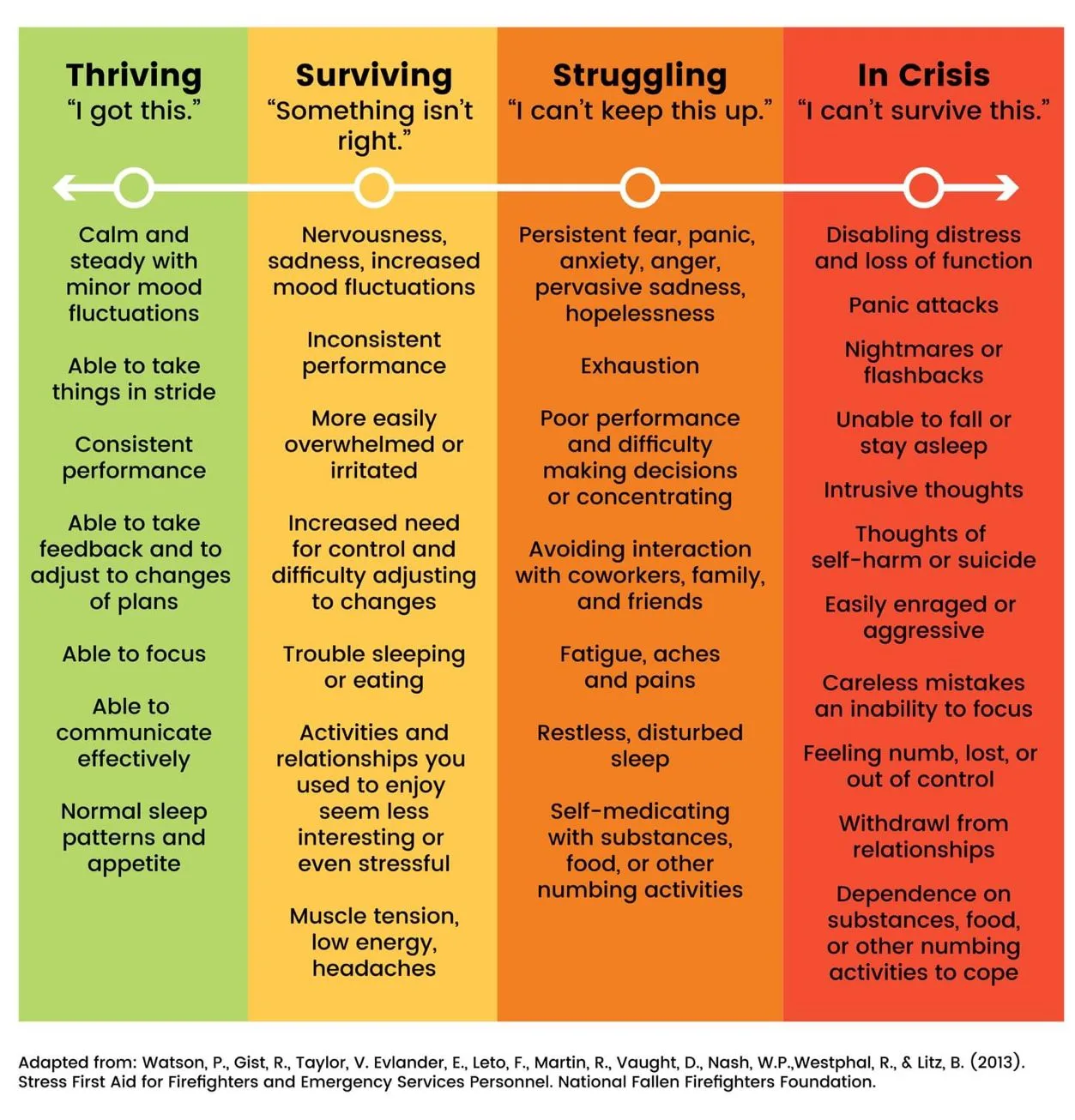It shouldn’t be a surprise for any of us if we have to face some crisis or another. However, when it comes to business, how the business leaders react can determine how crisis management plays out for the entire business.
Ideally, the response of business leaders will be to get it handled quickly and effectively, without losing the trust of constituents or customers. For some leaders, that reaction comes instinctively, but for others, that reaction gets buried under stress, emotions, and past experiences, ultimately leading them astray instead. In responding poorly, these business leaders can harm their image and the company.
No, it’s not possible to be completely prepared for a crisis, but whatever crisis may come, there are a few important things to remember and practice. You can also check out Build by entrepreneur Tony Fadell for more ideas as you build your business crisis management plan.

1. Focus on the problem first. Deal with the rest later.
Forget about assigning blame until later, since that will only complicate matters and make it an emotional battle. The first thing that is needed is strong leadership, whether you lead personally or have a team of managers doing the hands-on leading. The focus of the leader(s) is to build a plan, assign the right people, and monitor the steps to resolution. At the same time, you should be providing tools and resources to your team as required.
As you plan, make sure to break down large problems and challenges into smaller steps to get things started. When distractions and emotions are high, it helps to have a clear map and be able to have a sense of progress as you move from step to step. This is also why it is good to have a crisis management plan in place for your business ahead of time.
2. Sometimes micromanaging is the answer – especially to get started.
Micromanaging gets a bad rap because it often makes people uncomfortable. But in a crisis, people need to know who to follow, what to do, and how to do it. Anytime you are dealing with a unique/new situation or working with a new team, it can be very productive to start with some micromanaging.
Once things are started though, with everyone knowing their assignment and actively working, it’s time to step back and let them do their jobs. Don’t question every step, and let them teach you new things. Remember, a good team is full of people each with their own specialties.

3. Get advice before jumping to conclusions.
Most of the time, you aren’t going to know how to fix the problem(s) when a crisis comes along. That’s not to say you don’t have skills or intelligence, just that you probably don’t have relevant experience. Don’t let your pride and inexperience lead you astray.
Look for a mentor or expert in this area and ask for their advice. You need to understand potential misconceptions and weed out any rumors that complicate the situation and lead to the wrong conclusion.
4. Better to over-communicate than under – and pay attention to feedback.
When things get crazy and all up in the air, it’s important to communicate and listen carefully. Use urgency, transparency, and empathy: a tone of urgency encourages people to get going, transparency builds trust in you and the business, and empathy fosters resiliency in facing the challenges directly. Keeping people on the same page with consistent updates regarding a crisis is very important.
Whether you are communicating with your team, your business, your clients, or the community, be clear and upfront. Get ahead of the issue. Don’t wait until a media inquiry or a government agency puts you on the defensive, and makes all of your efforts look like they’re too little, too late.

5. Always be prepared (and willing!) to accept responsibility.
Whether the impending crisis was caused by your mistake, your team, or a fluke accident, you win trust by accepting responsibility for how it has affected customers and apologizing. Conversely, the quickest and surest way to lose all trust is by blaming others entirely for the situation.
Some business leaders I know have used their original intent as a way of defending themselves, shying away from accountability or admitting fault. Unfortunately, good intentions won’t get you very far in a crisis where people may have been wronged. It’s about the impact, not the intentions. You don’t always have to apologize for every part of the situation, but be willing to apologize for how it affected people negatively.

If you need some help weathering a current crisis or planning for the next one, try meeting with one of our business coaches for ideas and personalized coaching!
I like this…Informative to read, but I don’t know where to go next. Which of your posts can you suggest I read next?
Excellent write-up
Comments are closed.